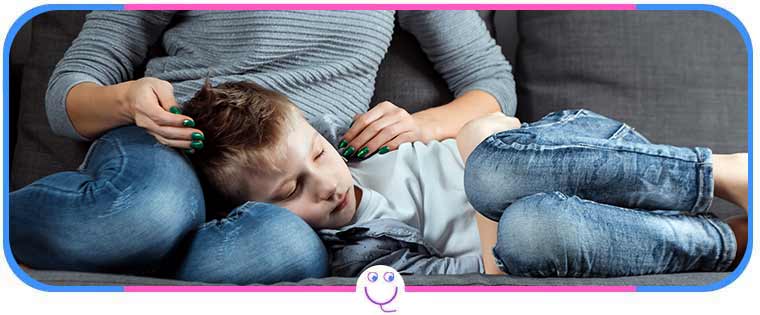What Are Some Common Pediatric Pain-Relieving Treatments?
Is your child suffering from any kind of pain and you are also disturbed by this? There are many different common pediatric pain-relieving treatments we recommend from medication to other methods. All Better Pediatrics takes care of your little ones and treat their pain with love. Contact us to schedule an appointment with our caring and experienced pediatrician. You can book an appointment online conveniently. We are located at 1102 Brookfield Road, Suite 200 Memphis, TN 38119.



Additional Services You May Need
- Breastfeeding Support
- Pre-Birth Office Tours
- Well Visit
- Sick Visit
- Evening & Weekend Patient Communication
- In Office Care
- Immunization Consultations
- Vomiting/diarrhea
- Home Care
- Constipation
- Fever
- Cough & Nasal Congestion
- Ear Ache & Sore Throat
- Rash
- Pink Eye
- Injuries
- Before Birth
- Vaccine
- Bringing Baby Home






